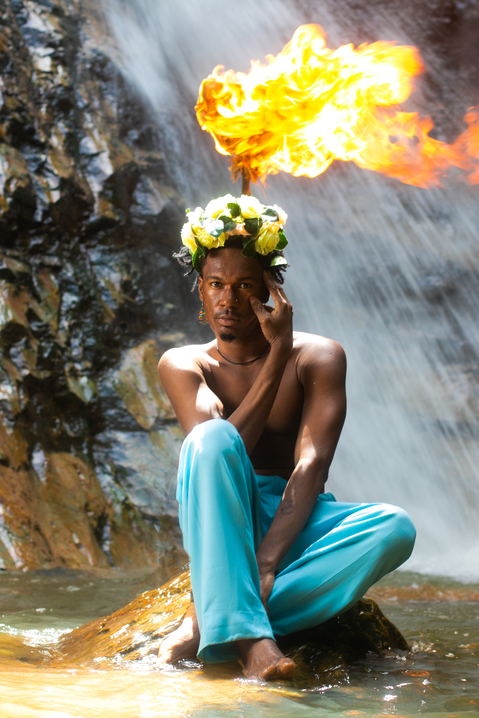
Halil/
Ghana, Kwasi Darko
“It hasn’t been easy but coming out gives you that freedom, claiming yourself and knowing yourself better”
READ THE STORY
“It hasn’t been easy but coming out gives you that freedom, claiming yourself and knowing yourself better”
READ THE STORY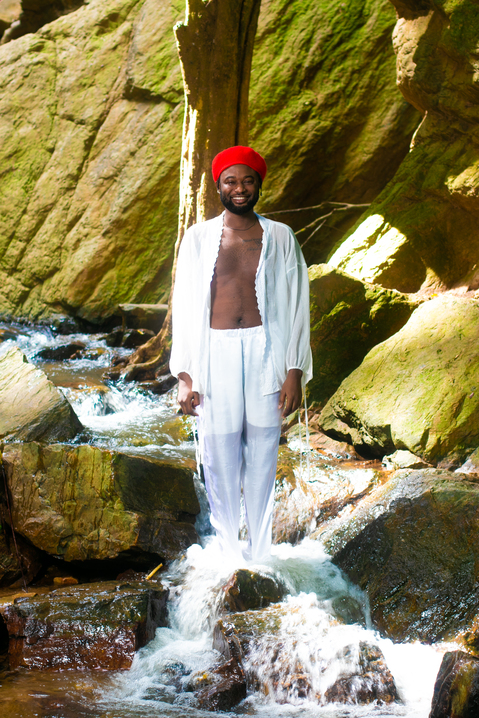
“So what’s next for me after that horrible situation, I am looking at furthering my education”
READ THE STORY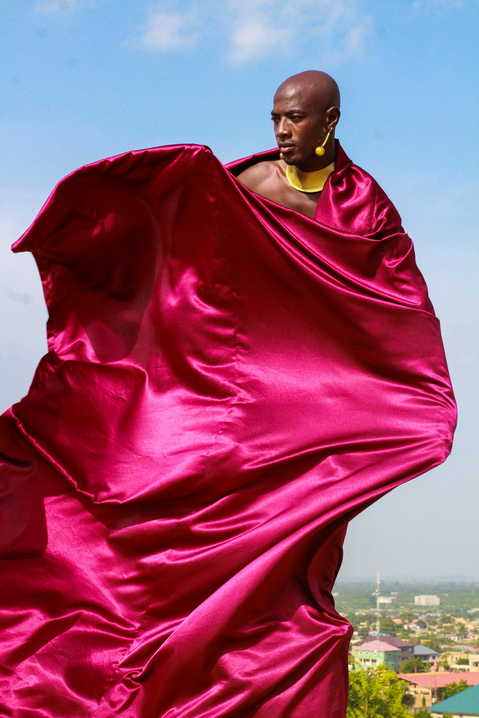
“I went through a lot with depression because I was not myself. “
READ THE STORY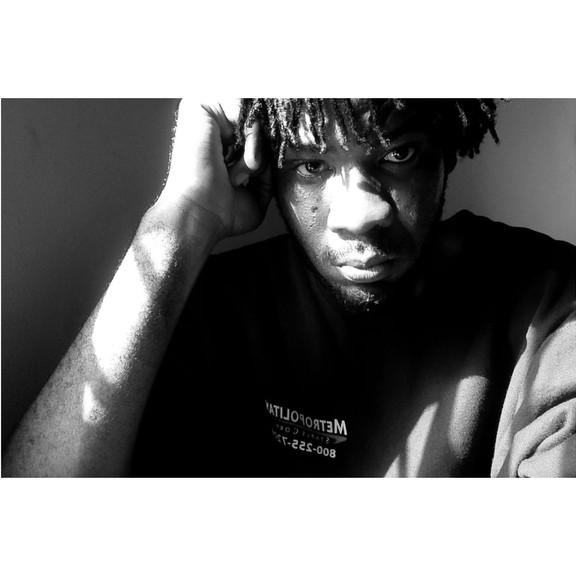
Kwasi Darko is a 2022 Where Love is Illegal Fellowship Winner.
READ THE STORY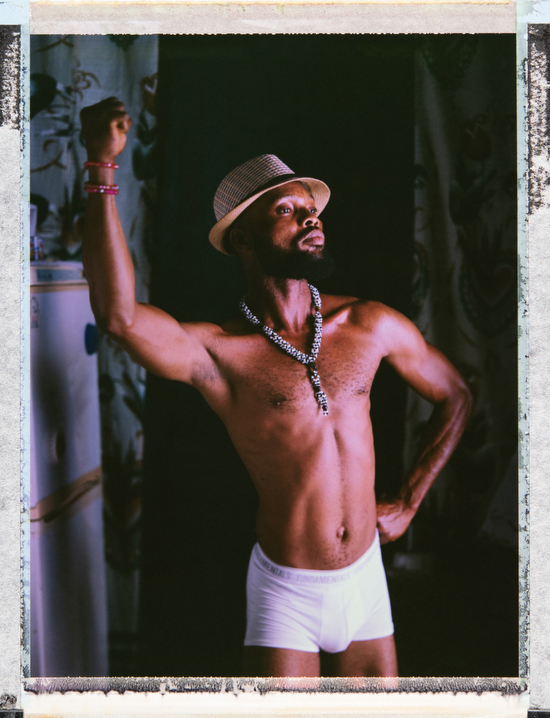
“The way that I’m doing with my boyfriend, I can’t be walking and holding each other, kissing outside because it’s not allowed here. Unless I’m in the room with my partner that we know what we are doing”
READ THE STORY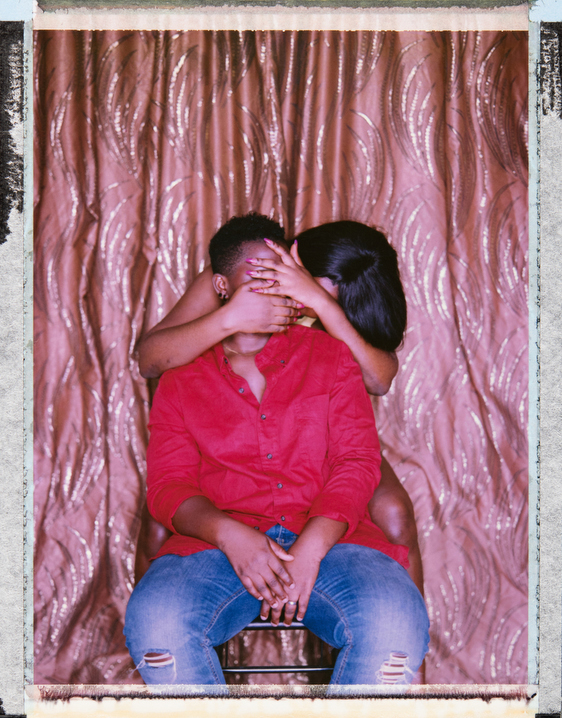
“Growing up as a lesbian has always been difficult for me because I have been having a life of struggle and hiding from the society view to violent attacks and discrimination.”
READ THE STORY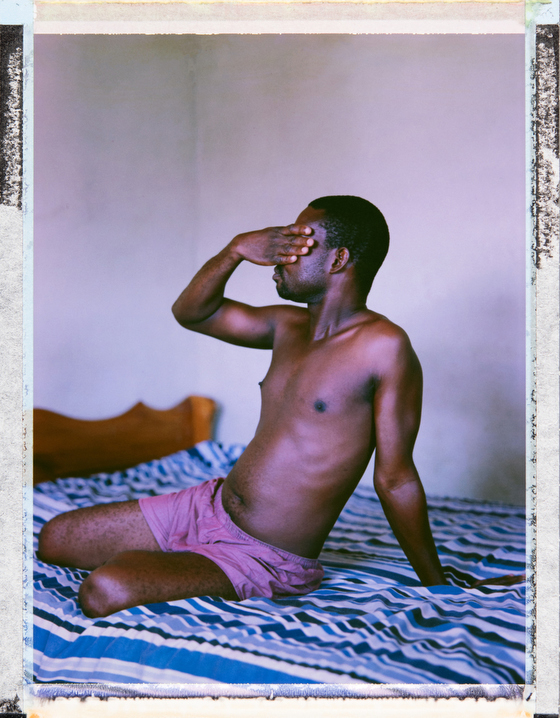
“Living as an MSM is difficult in Ghana. I’m a 35 year old MSM guy here. It all started ten years ago when I met a man in a Abaasa, and we exchanged numbers. I visited him later and it all started, but before then I was feeling sexual urges for the same sex. Since … READ THE STORY
READ THE STORY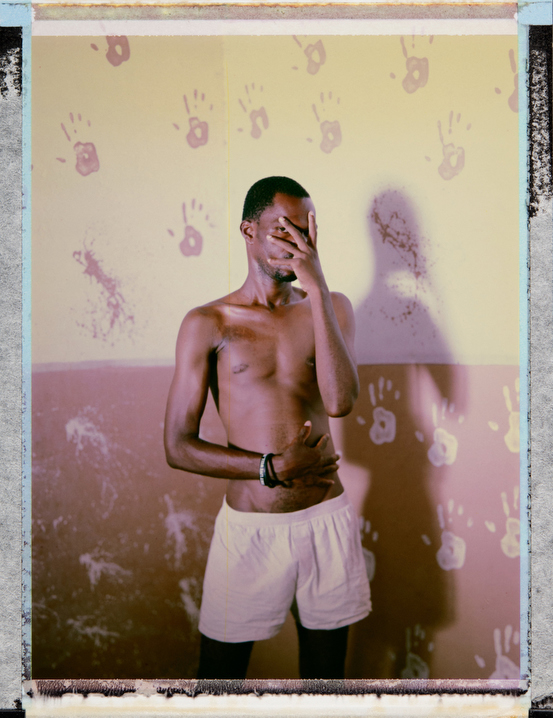
“In Ghana, if you are a homosexual you won’t get things easy. Especially in the community you live or anywhere you are, you won’t get things easy.”
READ THE STORY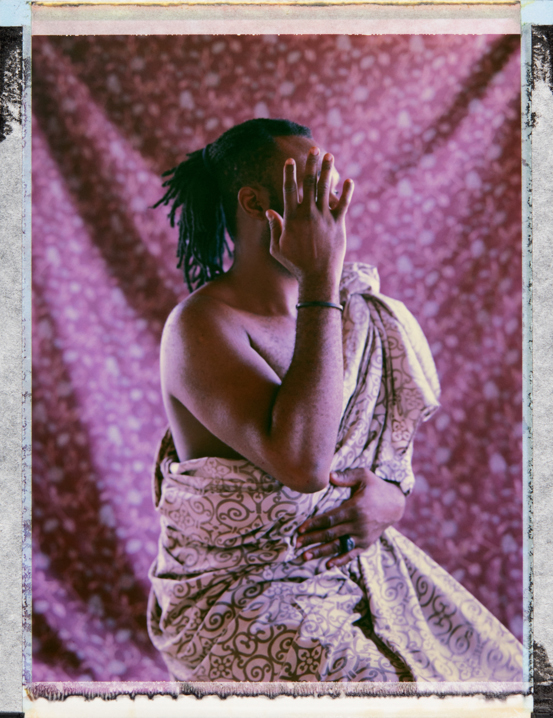
“My family and friends do not understand why I behave that way. Sometimes they call me names. And my mom used to punish me a lot for that.”
READ THE STORY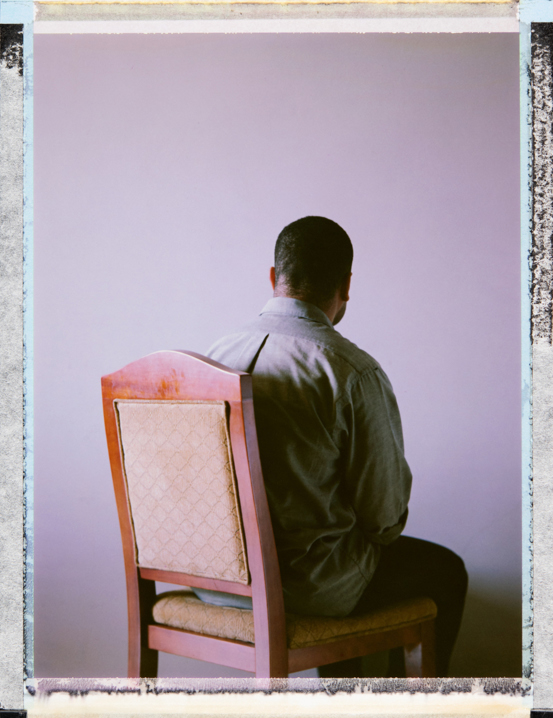
“Right through high school I have always admired and loved being with men. My family did not accept my sexuality because of my mixed culture and religion. I was told if I choose to be who I am, I will be disowned and in order not to disgrace them.”
READ THE STORY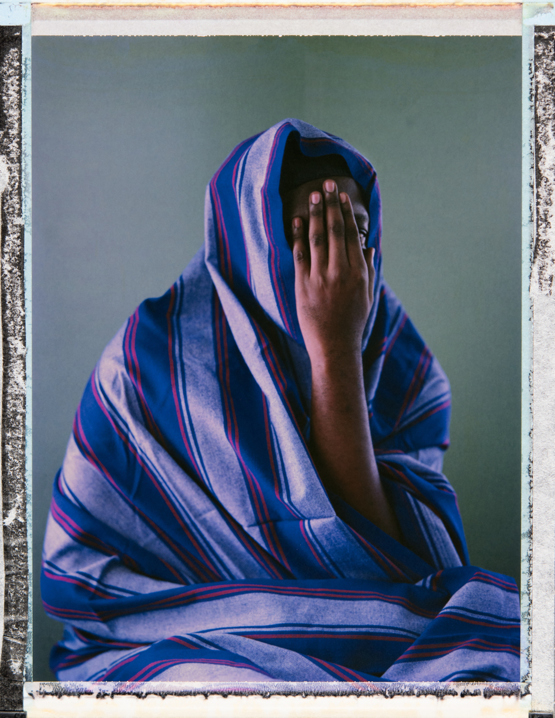
“I was gay from day one. I discovered my sexuality and sexual preference very early in life.”
READ THE STORY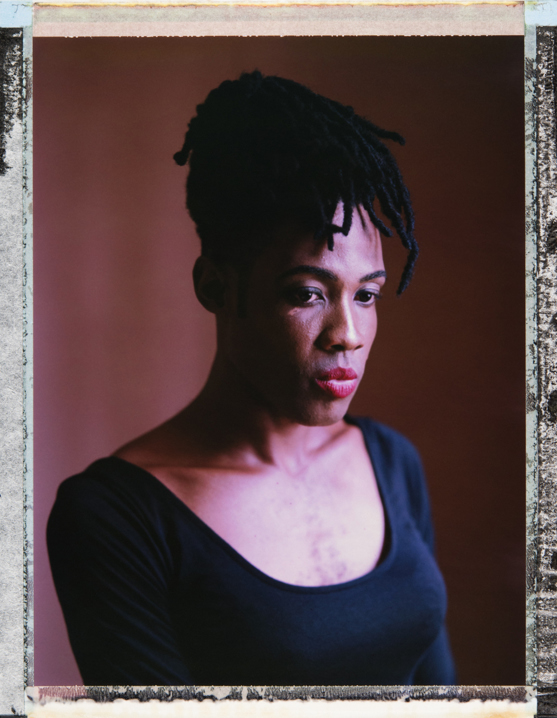
“I was taken to churches, special places, because they felt I was possessed. As I became more feminine, society started frowning at me. I was called all sorts of names, lynched, hooted at, and that made me felt really uncomfortable. At a point, I wanted to commit suicide.“
READ THE STORY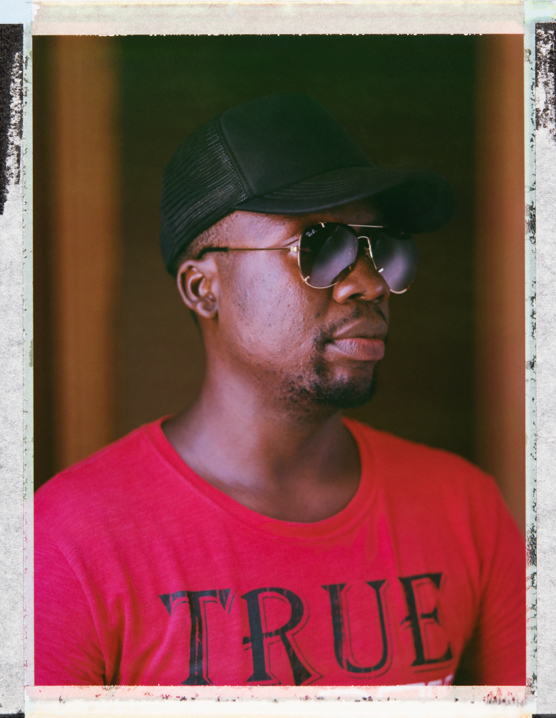
“People called me names ’cause I had little female tendencies and that mostly discouraged me and made me feel I was less of a human.”
READ THE STORY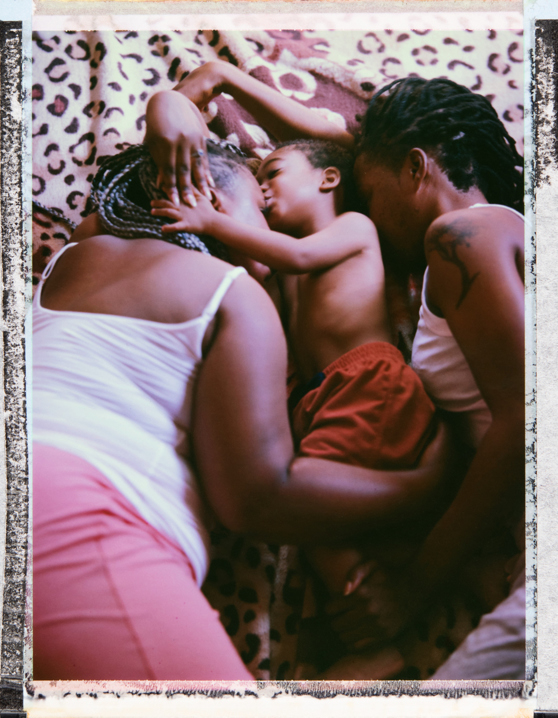
“Nine months down the lane we had a baby, our heaven on earth. He’s our everything, our life and our future. Sometimes when we are settling our differences and he walks in on us, in the heat of everything, he smiles and then takes all the tension away. I could say he’s the pillar of this relationship.”
READ THE STORY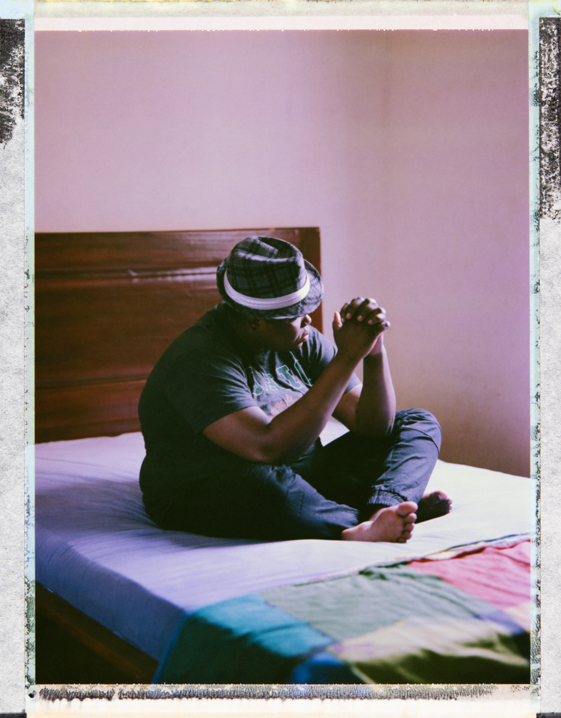
“I always hate to share my story because it brings back sad memories and makes me feel very down. I have faced a lot of violence, mob attacks, police cases because of my sexuality, rejection from landlords, family rejecting me as a terror.”
READ THE STORY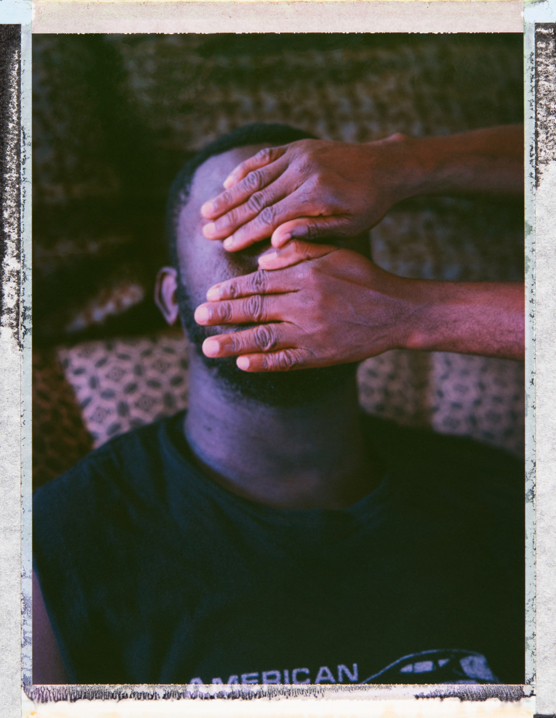
“He brought me to his house. I did not realize I was brought to his house because I was boozed off. I realized myself with two guys in the bed. Him and I, and the other one. And I was very much ashamed and so sad because someone I trust and I wanted to be with could do this thing to me.”
READ THE STORY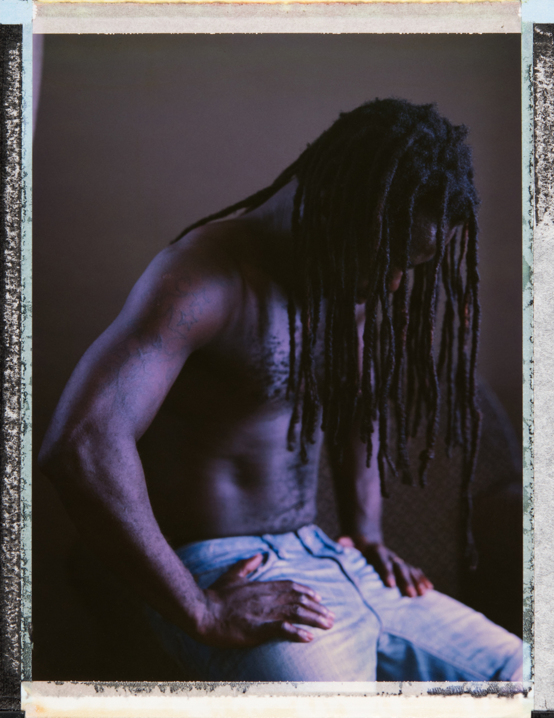
“It’s not easy in Ghana here. You say you are a gay. It’s not easy at all.”
READ THE STORY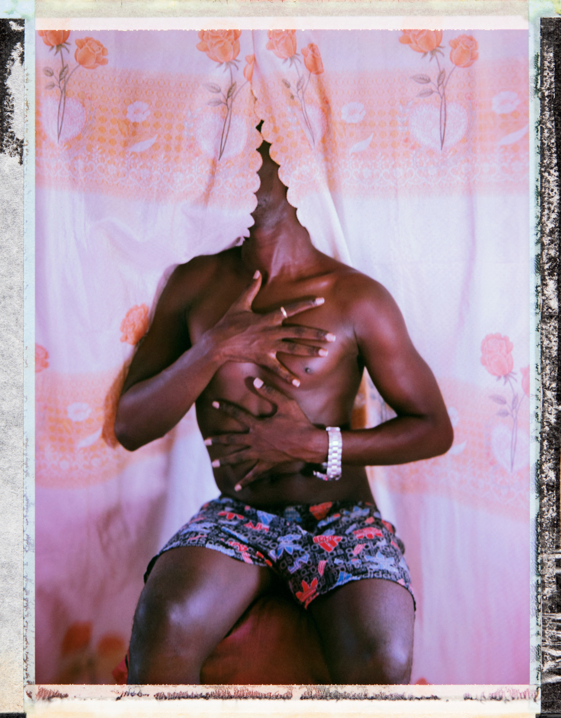
“Here your life in Ghana isn’t something easy, one can’t boldly come out, and say that he’s one, simply because it is not legalized in Ghana, and for that matter society frown on it in Ghana.”
READ THE STORY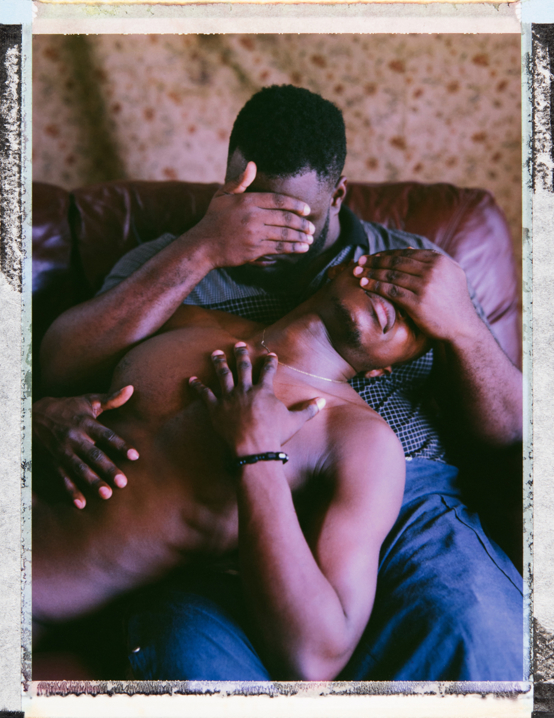
” I was attacked by gang guys twice. The first I was beaten, second, my partner and I was attacked by a gun. His hand was shot and had to go under a surgery, all in the name of stigma and discrimination in Ghana.”
READ THE STORY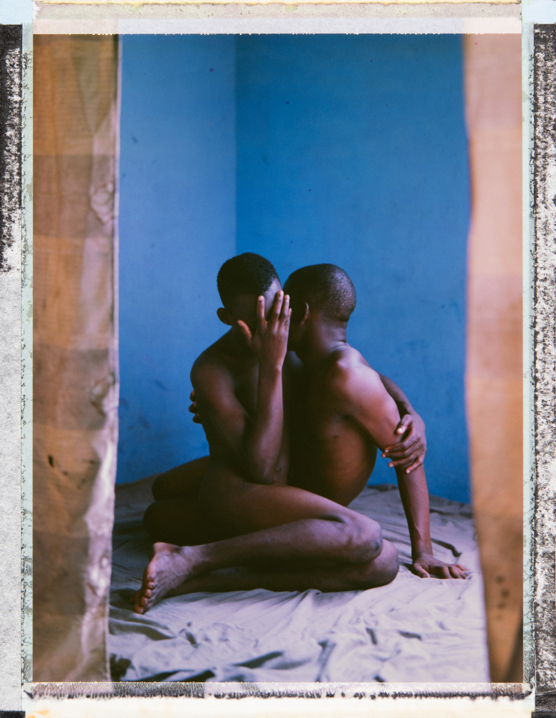
“We just want to be understood and free express our love publicly.”
READ THE STORY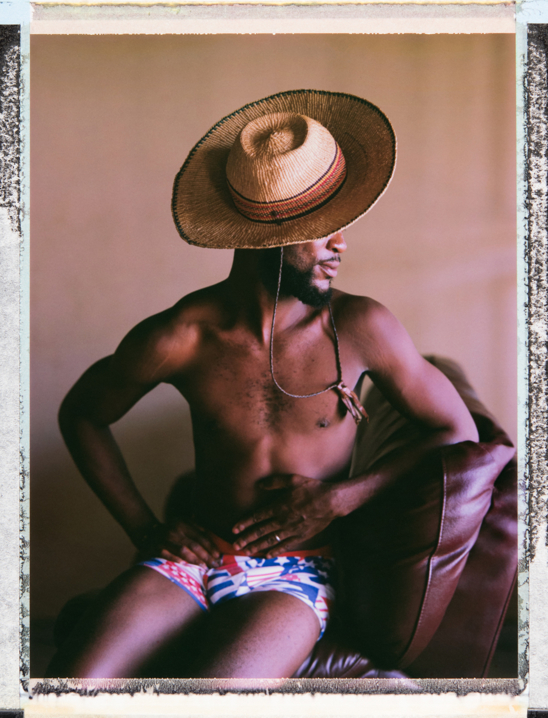
“There was a time in my life that I thought I was the only person of my kind on Earth, was very lonely, emotionally traumatized and looking for people I can relate to”
READ THE STORY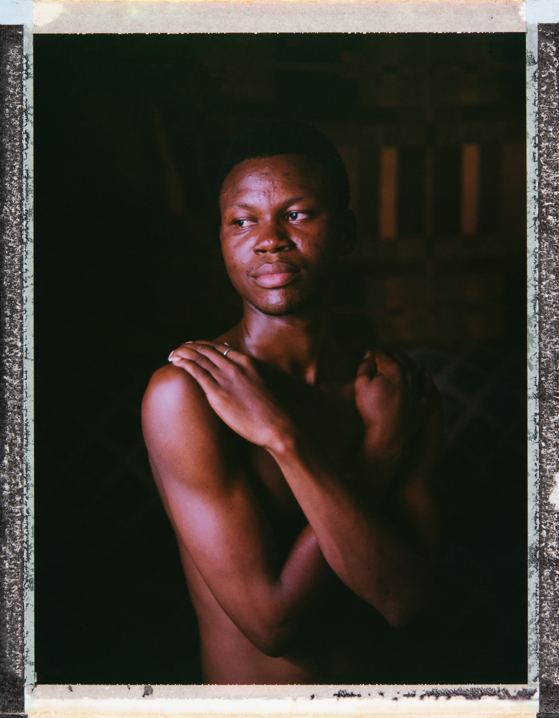
“I knew I was gay from when I started experiencing adolescence. I love men, and I won’t change that for anything in the world. Besides, love is love.”
READ THE STORY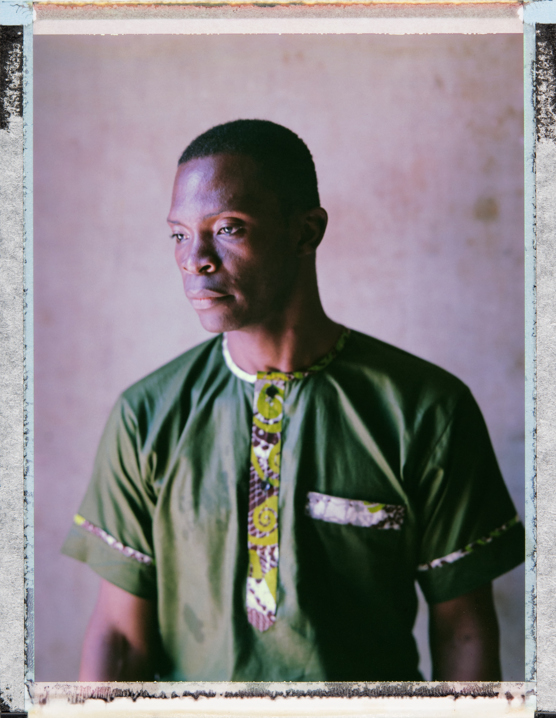
“My junior brothers and my parents do suspect me, but I always find a way to educate them on my sexual life. They don’t really feel comfortable, but my Dad and Mum said they love me who I am and accept me the way I am.”
READ THE STORY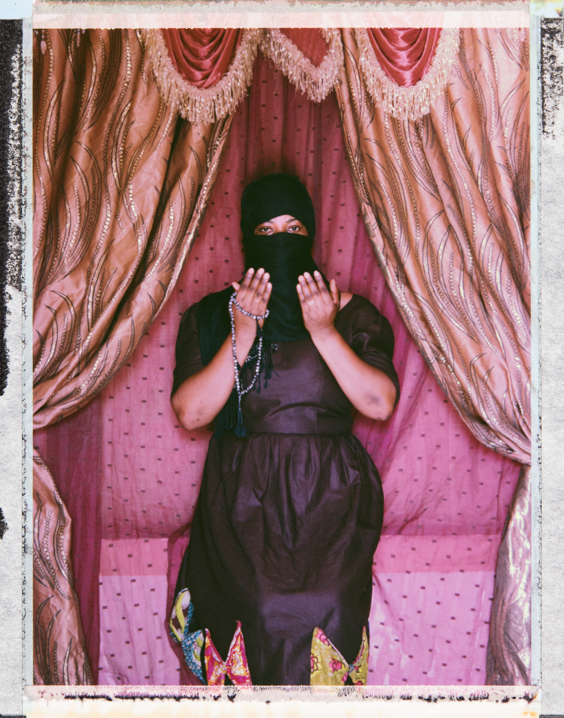
“When I was growing up, I knew I had feelings for my fellow women, but I thought I was the only one in the world who had such feelings.”
READ THE STORY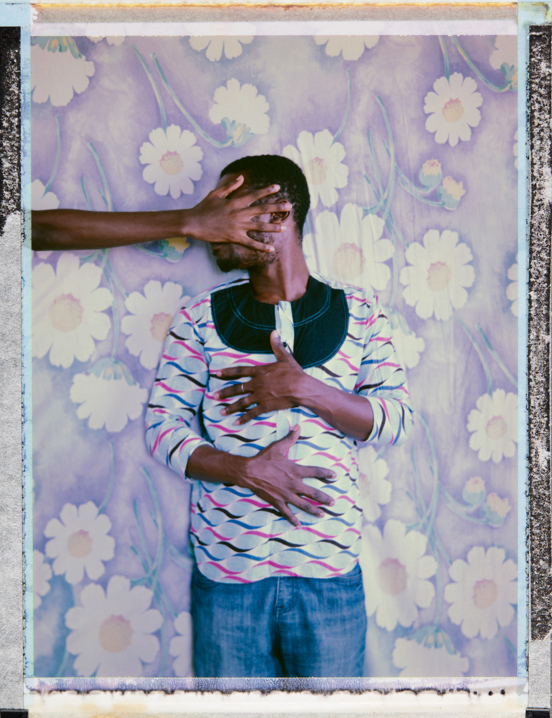
“When I was 8 years of age I used to play with the girls a lot, so due to that people started call me names like kojo besia (Man-Woman) then from there I decided to play with the boys at the age of 10 years because of stigma attached to me playing a lot with the girls.”
READ THE STORY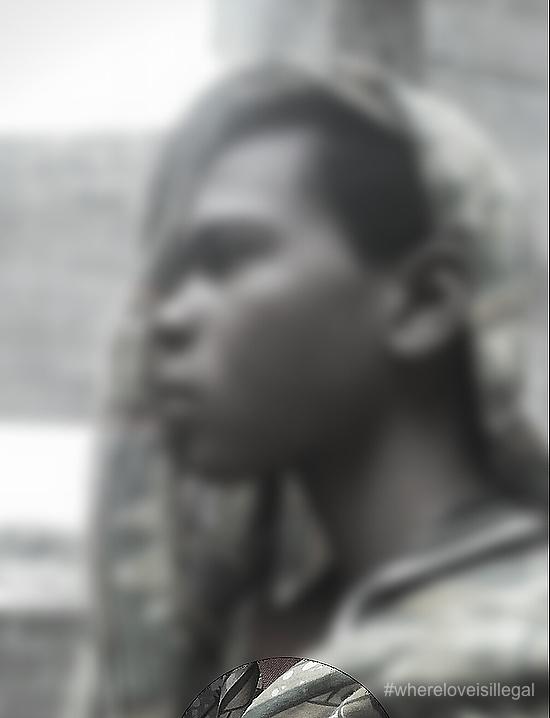
“In Ghana if you’re gay then you’re deemed an abomination, sick and preverited and most of the time I’m church when the preacher speaks on the subject it’s always the same THING ‘if you are gay then you’re going to hell’ because of this I can’t even go to church cause EVERYTIME I enter the house god I feel ashamed but I still pray cause in my heart I know that god still loves me no matter what.”
READ THE STORY